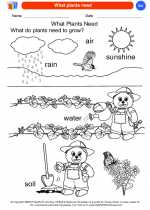Volcanism Study Guide
Volcanism refers to the process through which molten rock, ash, and gases are expelled from a volcanic vent or fissure on the Earth's surface. This can lead to the formation of volcanic landforms such as mountains, plateaus, and islands. Here are some key points to understand about volcanism:
Causes of Volcanism
Volcanism is primarily caused by the movement of tectonic plates and the resultant release of pressure from the Earth's mantle. The molten rock, or magma, rises to the surface and erupts as lava, ash, and gases.
Types of Volcanoes
- Shield Volcanoes: Broad, gently sloping volcanoes formed by the eruption of low-viscosity lava.
- Stratovolcanoes: Tall, steep-sided volcanoes composed of alternating layers of ash, lava, and rock fragments.
- Cinder Cone Volcanoes: Small, steep-sided volcanoes created by the accumulation of ejected fragments of lava and ash.
Volcanic Eruptions
Volcanic eruptions can vary in intensity and can be characterized as explosive or effusive. Explosive eruptions release high-pressure gas and fragmented magma, while effusive eruptions involve the relatively calm outpouring of lava.
Effects of Volcanism
Volcanic activity can have both positive and negative impacts on the environment. It can create new land, fertile soil, and geothermal energy sources, but it can also lead to ashfall, pyroclastic flows, and the release of harmful gases.
Study Questions
- What causes volcanism?
- Describe the different types of volcanoes.
- How do explosive and effusive eruptions differ?
- Discuss the positive and negative effects of volcanic activity.
Understanding volcanism is essential for comprehending the dynamic processes that shape the Earth's surface and impact the environment.
[Volcanism] Related Worksheets and Study Guides:
.◂Science Worksheets and Study Guides Kindergarten. All About Plants

 Coloring Worksheet
Coloring Worksheet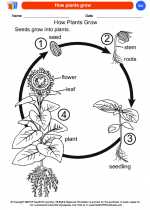
 Coloring Worksheet
Coloring Worksheet
 Coloring Worksheet
Coloring Worksheet
 Coloring Worksheet
Coloring Worksheet
 Coloring Worksheet
Coloring Worksheet
 Coloring Worksheet
Coloring Worksheet
 Coloring Worksheet
Coloring Worksheet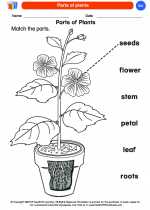
 Coloring Worksheet
Coloring Worksheet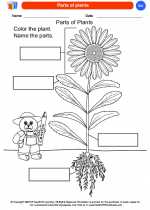
 Coloring Worksheet
Coloring Worksheet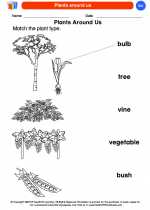
 Coloring Worksheet
Coloring Worksheet
 Coloring Worksheet
Coloring Worksheet
 Coloring Worksheet
Coloring Worksheet
 Coloring Worksheet
Coloring Worksheet
 Coloring Worksheet
Coloring Worksheet
 Coloring Worksheet
Coloring Worksheet
 Coloring Worksheet
Coloring Worksheet
 Coloring Worksheet
Coloring Worksheet
 Coloring Worksheet
Coloring Worksheet